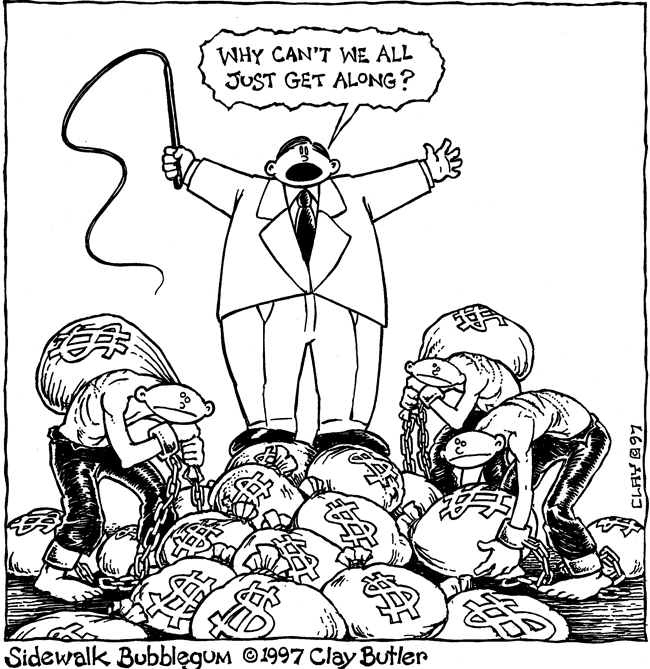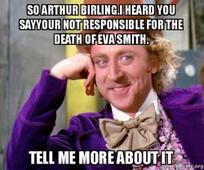The four other themes of An Inspector Calls discussed on OxNotes are Responsibility, Social Class, Sexism and Gender Differences and Age Divide Between Generations. Click the links to visit those themes. This page discusses conflict between each character.
|
|
JB Priestley’s message/intended effect on the audienceConflict includes disagreements, arguments and battles between characters.
Quotations relating to the theme of Conflict
|
How this theme develops throughout the play
|
Start: Mr Birling and Sheila clash with their opposing views on the treatment of lower class workers and taking responsibility.
Middle: Eric and Mrs Birling show a different moral side. Mrs Birling judges Eva Smith and the father of her child immediately, she also judges men that drink and sleep with women of the night. She even said the man responsible should turn himself in and take full responsibility. She then finds that her son not only drinks, but he is the father of that girl’s child and he picked her up in a bar. She in her head elevated herself from those sorts of people, of course her family could not be like that she was of a much higher social standing. End: Sheila and Eric have changed as they have learnt from their mistakes, unlike their parents and Gerald Croft. |
The four other themes of An Inspector Calls on OxNotes are Responsibility, Social Class, Sexism and Gender Differences and Age Divide Between Generations. Click the links to visit those themes.
Where next? Trending Inspector Calls Notes 🔥
- ‹ Back to English Literature Notes (for popular Inspector Calls character profiles and themes)
- Mr Birling Quotes and Notes
- Theme - Social Class
- Viral Feed🔥 (find out how to finally enjoy school, join the climate change campaign, or shop top tech to buy. All viral.)
- Search by keyword (e.g. Eric, Class or Responsibility):
OxNotes > GCSE/IGCSE Revision > GCSE English Literature > Theme of Conflict between characters and classes: An Inspector Call


